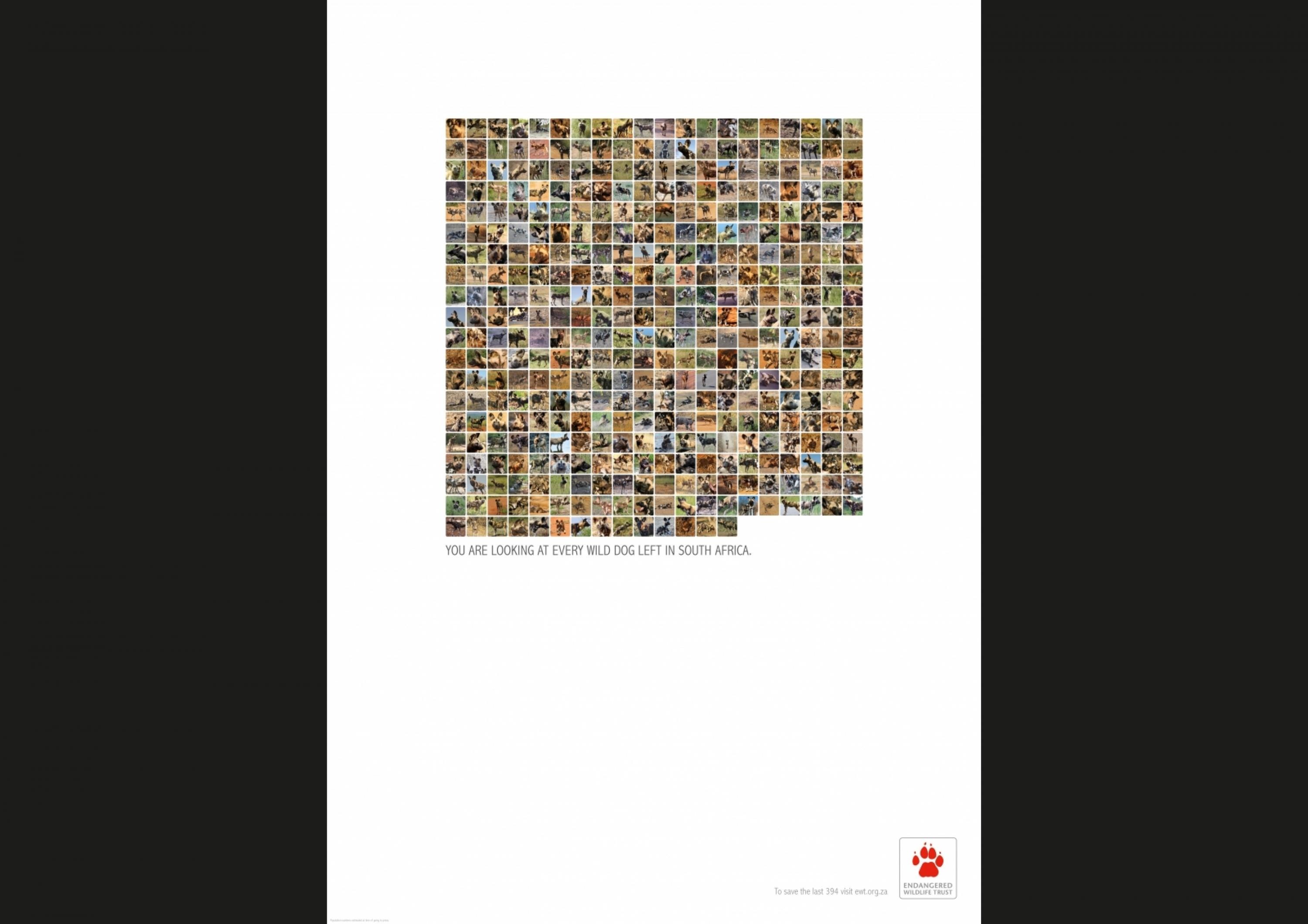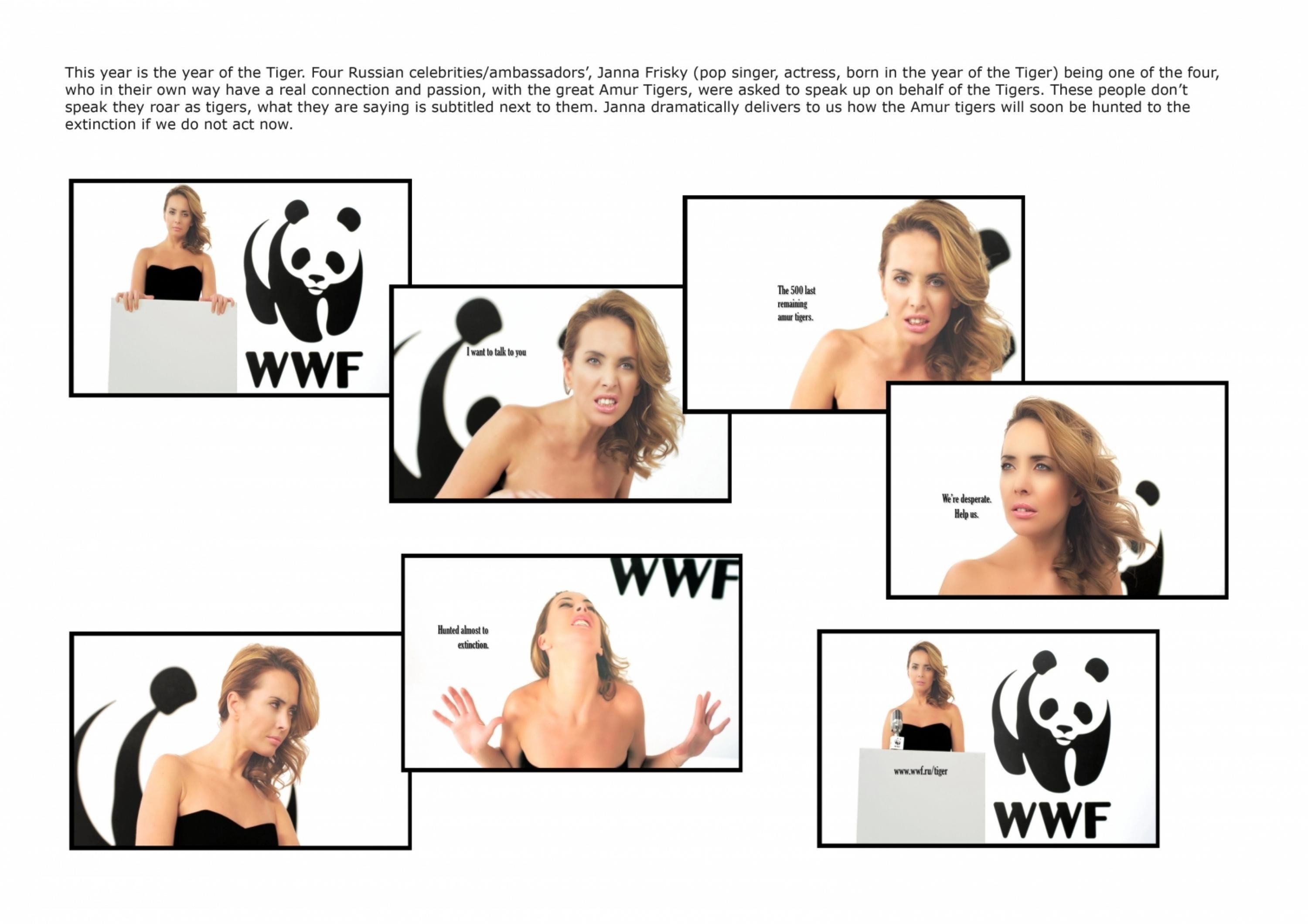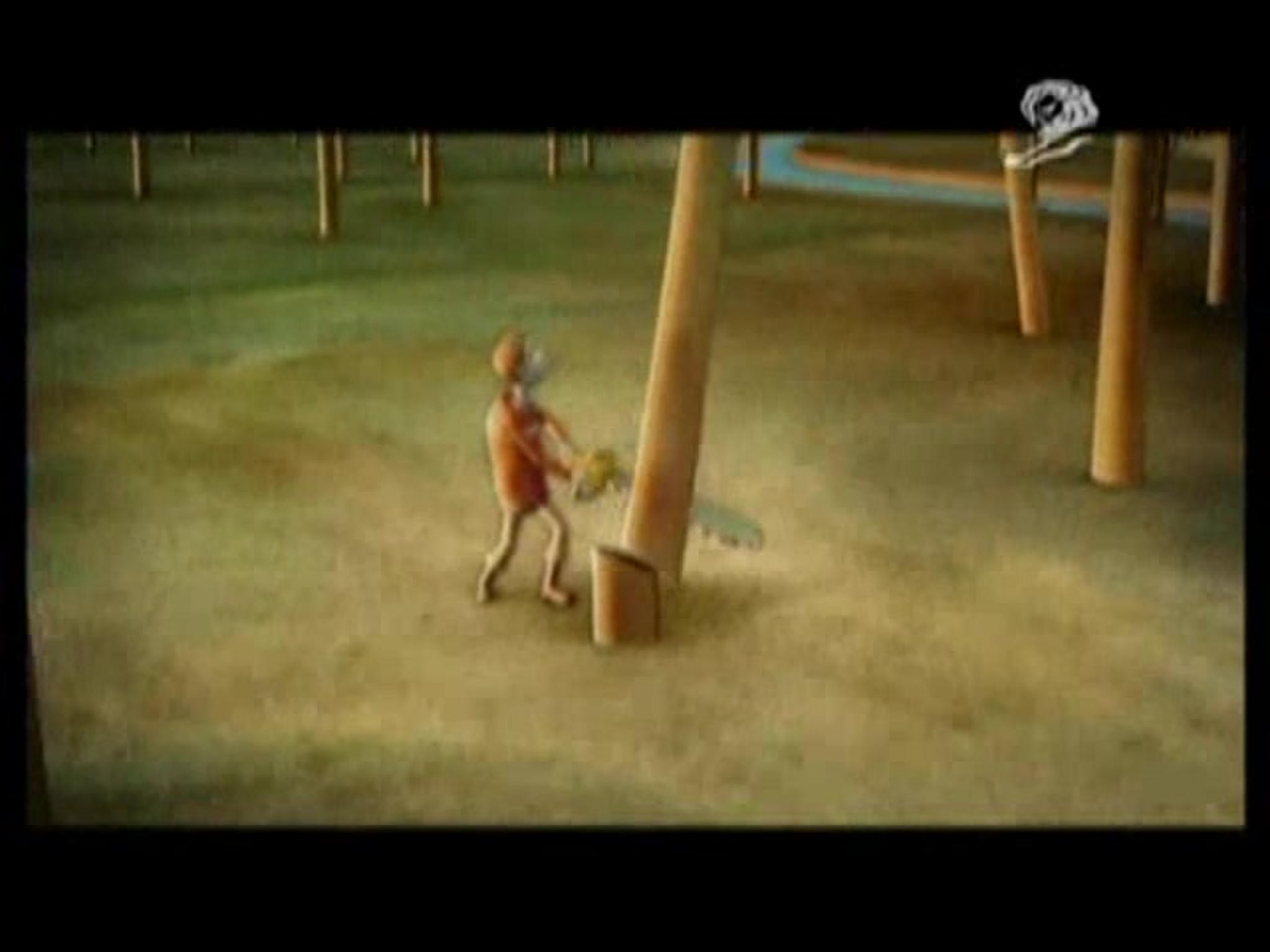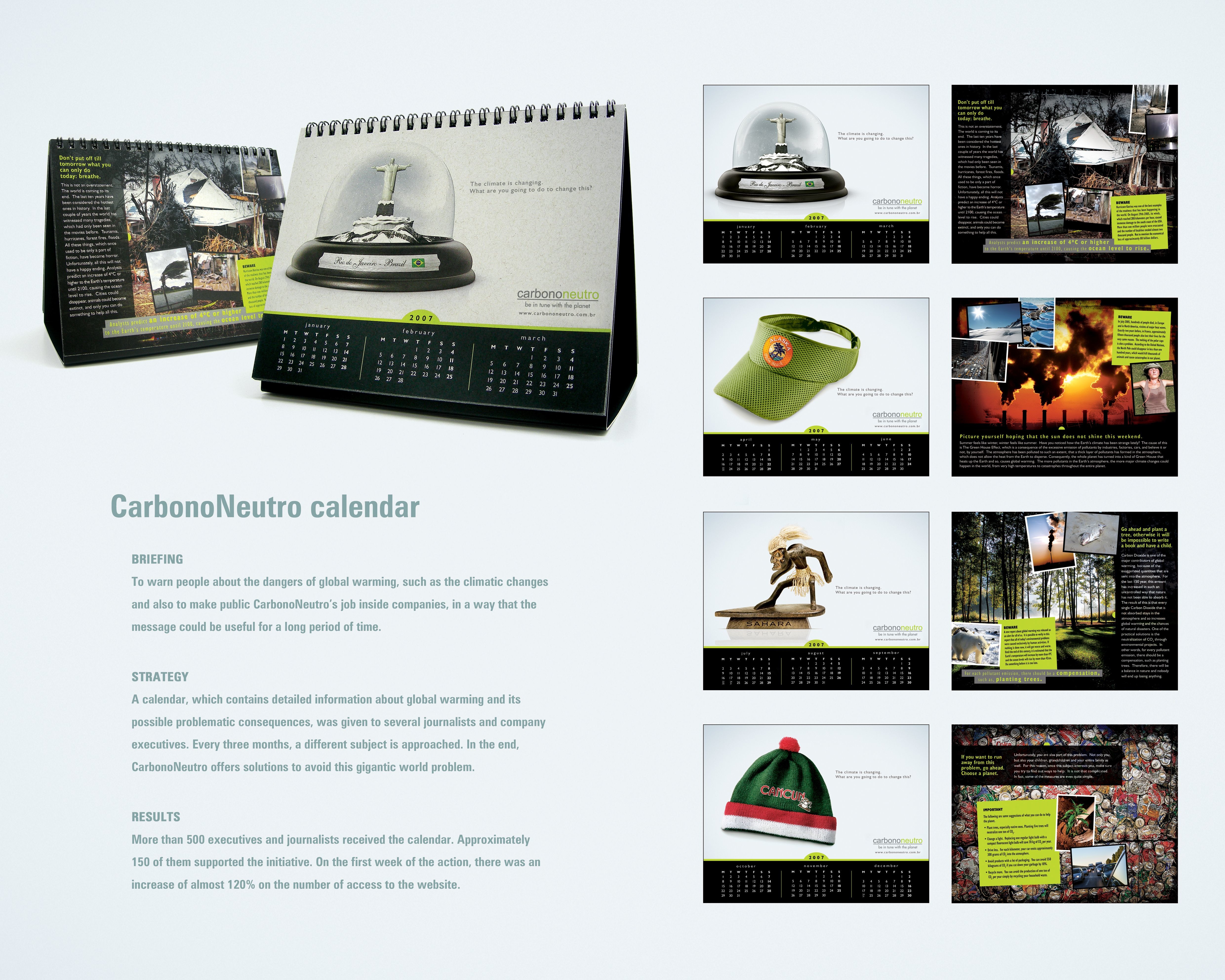Cannes Lions
Your Plastic Diet
GREY, Petaling Jaya / WORLD WILDLIFE FUND (WWF) / 2022
Overview
Entries
Credits
OVERVIEW
Description
Far away Problem
The problem is communicated via dying fish, seabirds and in far-flung corners of the world, far-removed from our lives. We love using plastic, we don’t feel it’s bad effects and we don’t act.
Symbolic Gestures, preventing Meaningful Action.
These gestures grab attention, but they’re largely insignificant, case in point: straws only account for 0.0002% of the plastic in our oceans.
One Idea to Rule them All
Every WWF office had already run some version of a plastic awareness campaign – but they were all wildly different and largely based on scare tactics and emotional animal images. We needed a single-minded idea that could consistently bang the drum of a simple message and provoke action everywhere from Austria to Zanzibar.
So, how do we get people around the world to act on plastic when most people don’t feel its destruction, only its usefulness?
SOLUTION
News media and the client brief told us that recent studies had revealed that microplastics had entered our food, water and even the air. This was a disturbing fact; and while the data was out in the public sphere it was in scientific language, talking in data difficult to comprehend and was therefore lost amongst the pile of other ‘plastic panic’ news that focused on its effect on sea life and animals.
This led to our breakthrough - It’s impossible to ignore plastic’s impact on nature when you’re also the creature eating, drinking and breathing the pollution.
We needed irrefutable evidence of this, so alongside WWF we commissioned The University of Newcastle to analyse studies specifically about the human consumption of microplastics. After six months of analysis and peer review, it found the average person consumes around 100,000 microplastics every year.
That sounds scary, but it’s still abstract, therefore difficult to react to. So we quantified the data into layman’s terms - 100,000 microplastics equates to approximately 250 grams of plastic a year. That means people are therefore ingesting 5 grams of plastic pollution every week.
Ok – that’s quite disturbing. But still, what does five grams mean? We needed to distil the whole plastic crisis into a singular, highly visual concept that would make shocking sense anywhere in the world.
What plastic object weighs 5 grams and is ubiquitous in every country on earth, with over 20 billion of them in use? A credit card.
YOU ARE EATING A CREDIT CARD A WEEK.
Think about that.
With this universal fact, we could turn billions of credit cards in people’s pockets into a personal and confronting reminder of the urgent need for change. By showing them that their everyday use of plastic means they’re now actually, unavoidably, consuming plastic. This is Your Plastic Diet and we are all on it.
Similar Campaigns
12 items









